PS Read this "Ninth Paragraph" carefully!!!
Connecticut state inspector, Robert Nuzzi, though he says these kinds of modifications are similarly available to the central authority in his state, warns against extending these kinds of judgment calls to local inspectors. "You can't really shoot from the hip," he says, referring to local inspectors. "I just had a call this morning on a house where the electrical service was done in the 1950's. Meanwhile, during a storm the overhead service conductors were pulled away from the house so the electrician had to replace those service conductors. Plus he had to change the meter, because the water had entered into the enclosure and corroded it. But he didn't change the load center within the house and now the local inspector is saying it's got to be changed. But why? What makes it less safe today than it was yesterday? In the 1950's it was done prior to any local codes, so there's really nothing we can do. The way we work in the state of Connecticut is that everything comes down from the state building inspector, which is an appointed position by the governor. This means that the local inspector has someone to answer to. And it's also a place where the public can call. If there's a dispute with the local building official they can call this office and we can arbitrate that dispute, and we can do an interpretation of the code, whereas the local building official, by general statute, is not allowed to interpret.
Someone locally, still has to know what the code says, and that is interpreting it as well, so their play on words, is BS in the eyes of most Local Inspectors...


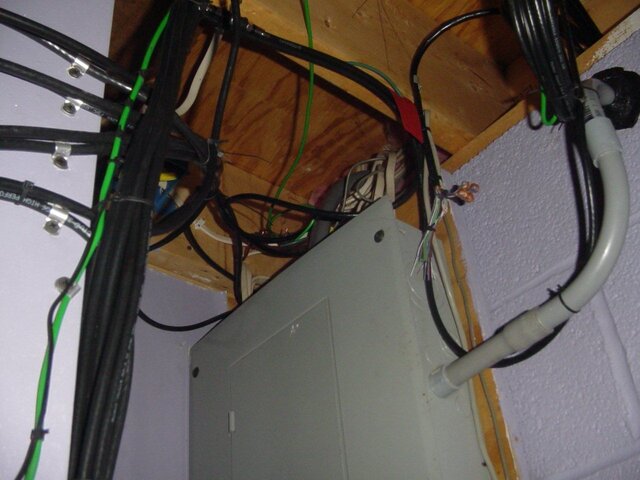
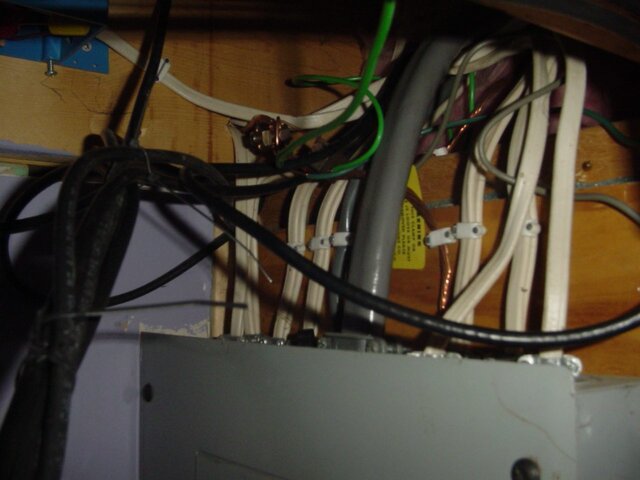
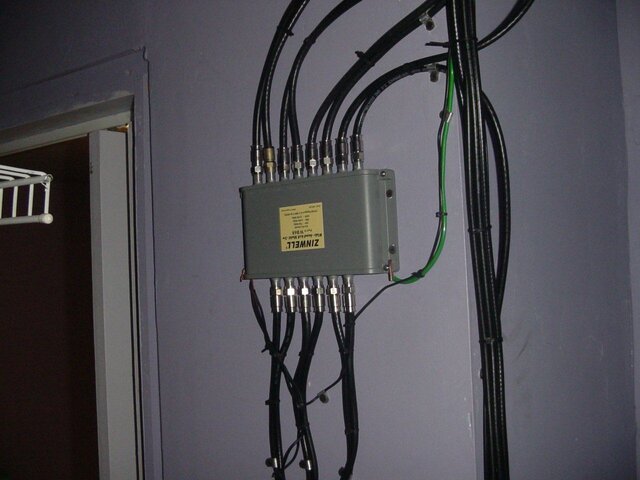
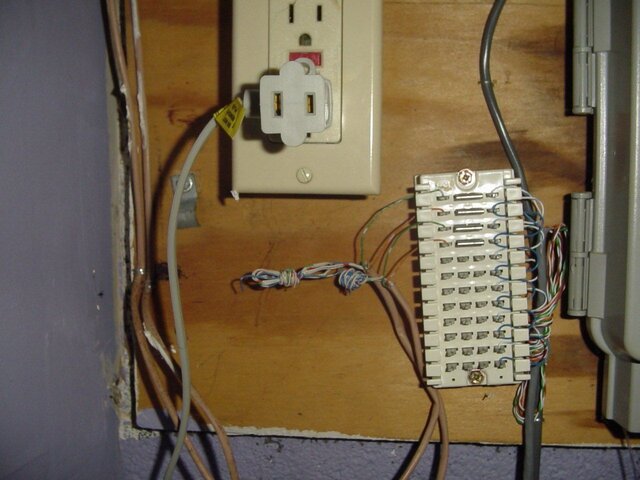
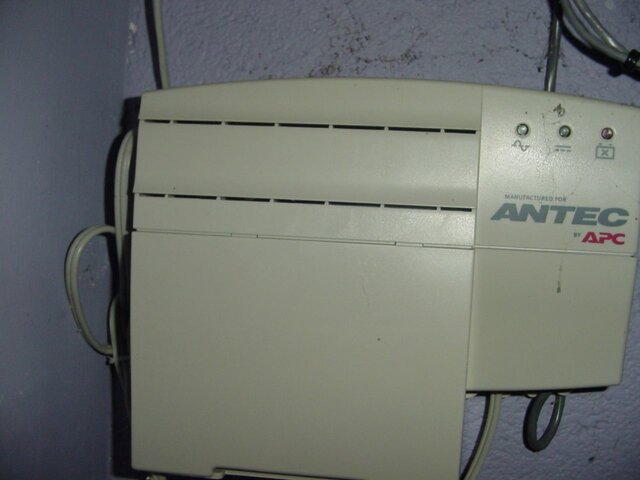
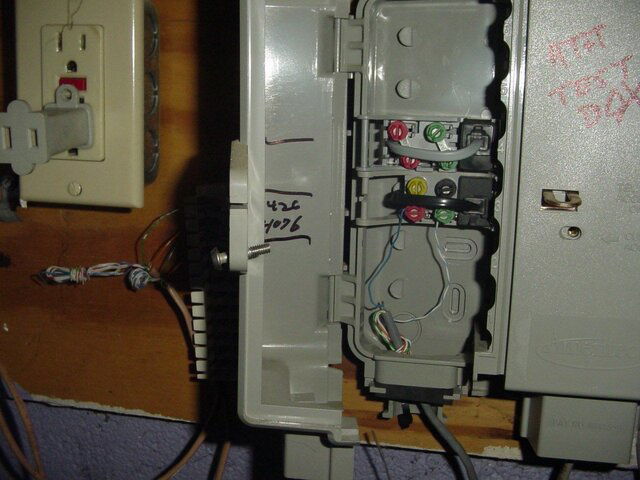
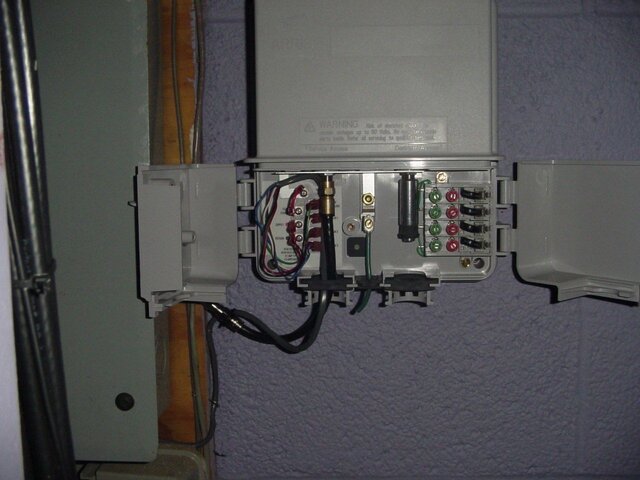
 : off to you Vurbano!!! You kept it simple and factual!!!
: off to you Vurbano!!! You kept it simple and factual!!!